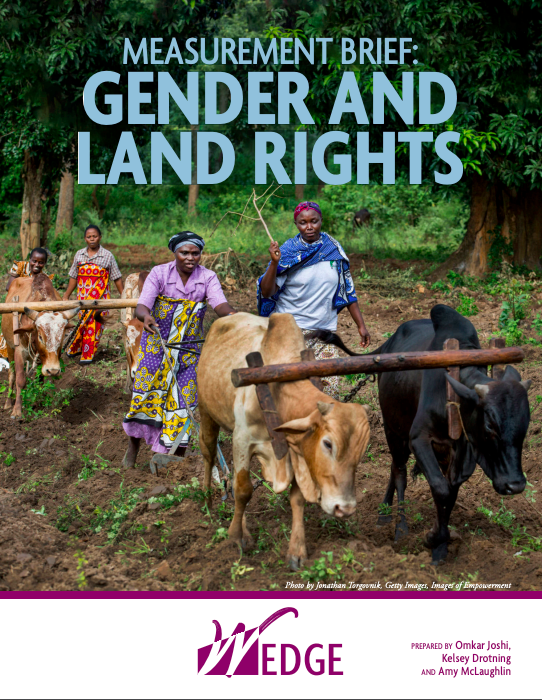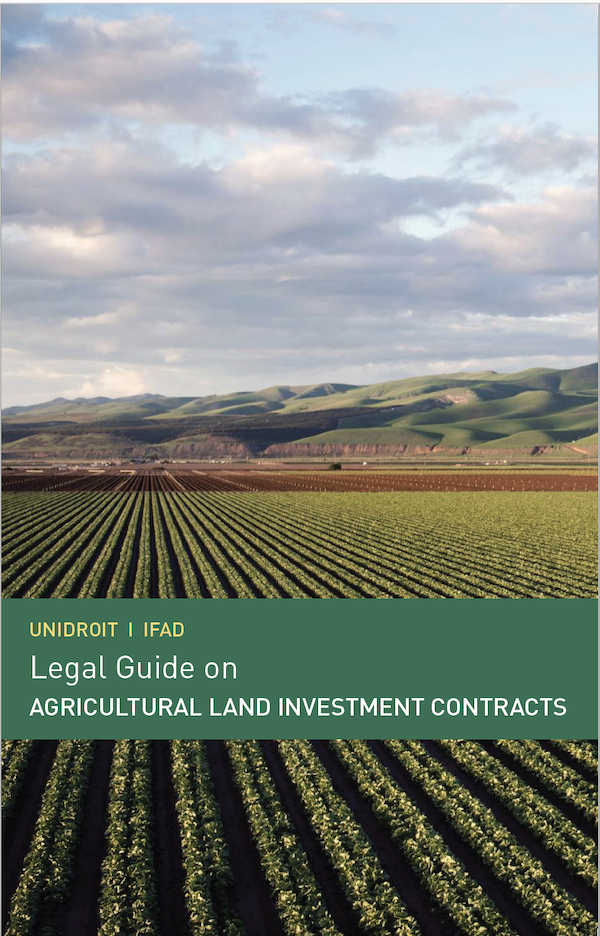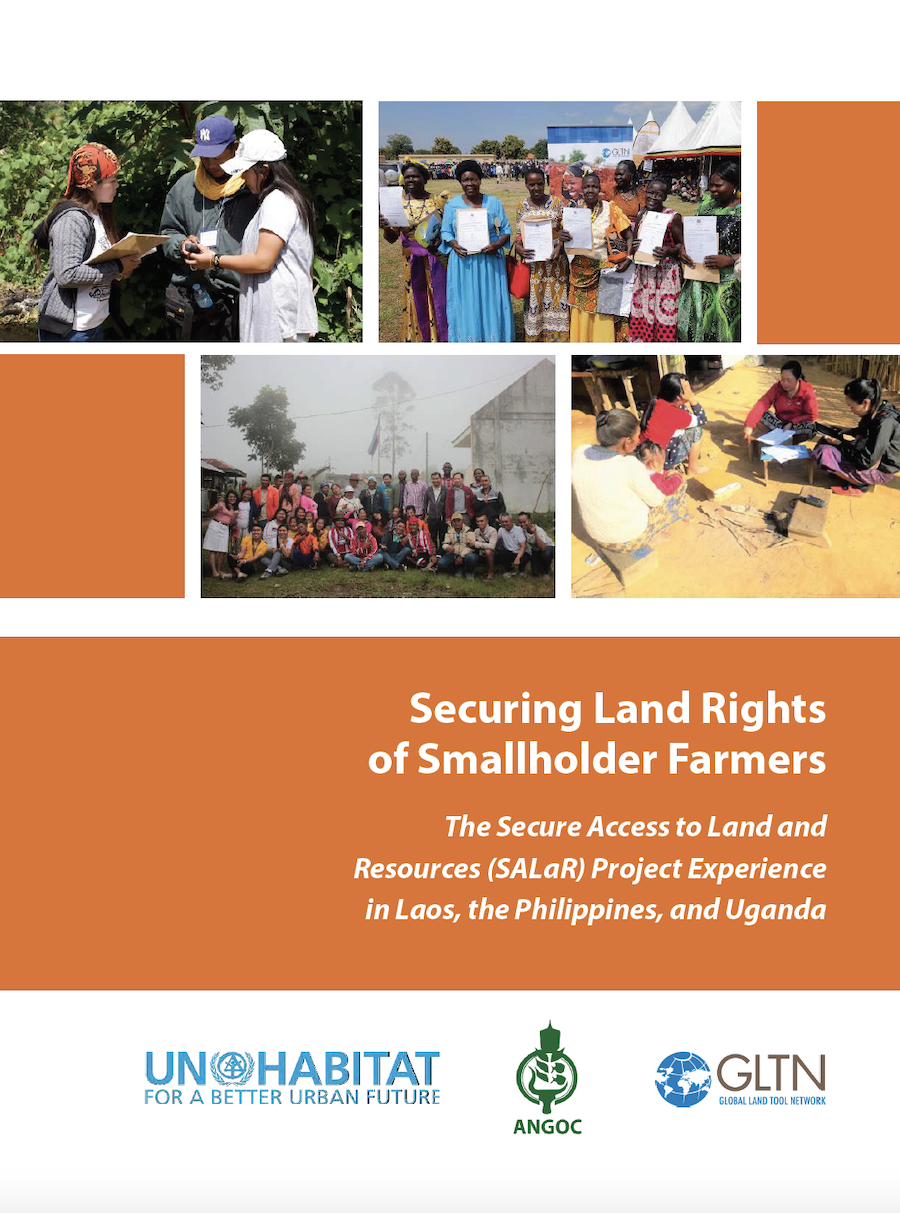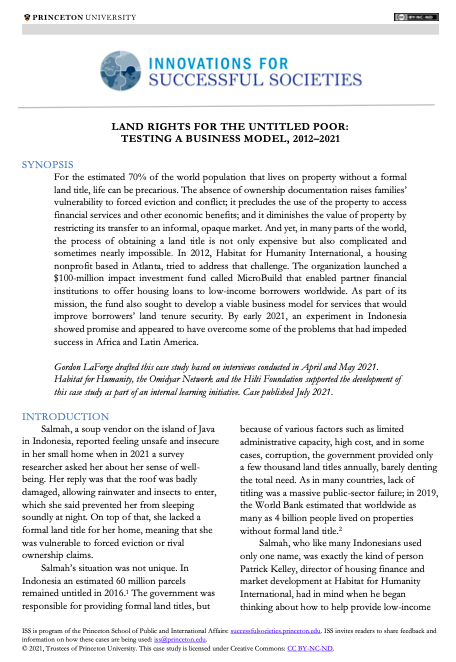Impact of climate change on water resources and crop production in Western Nepal: Implications and adaptation strategies
Irrigation-led farming system intensification and efficient use of ground and surface water resources are currently being championed as a crucial ingredient for achieving food security and reducing poverty in Nepal. The potential scope and sustainability of irrigation interventions under current and future climates however remains poorly understood. Potential adaptation options in Western Nepal were analyzed using bias-corrected Regional Climate Model (RCM) data and the Soil and Water Assessment Tool (SWAT) model.






